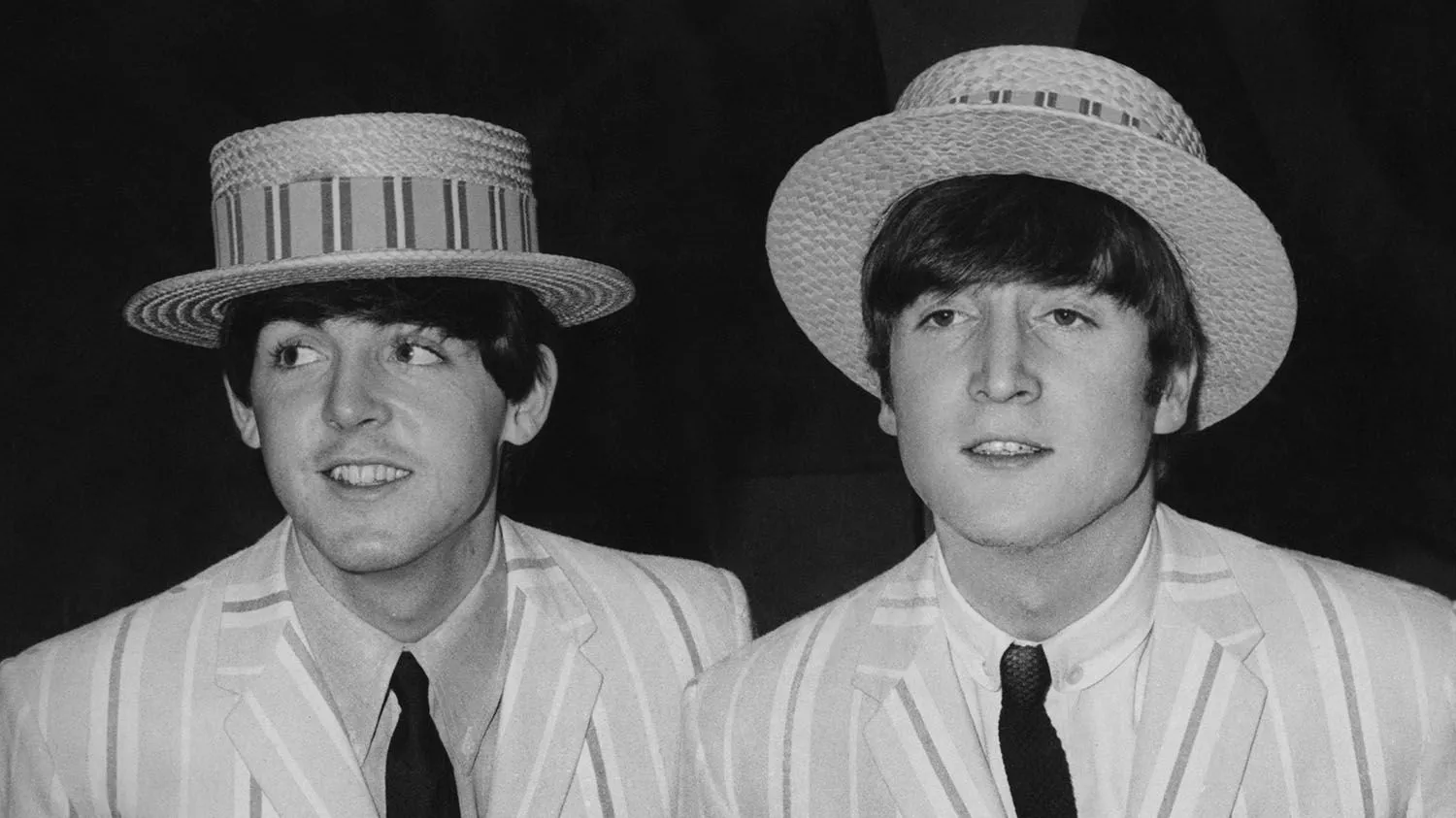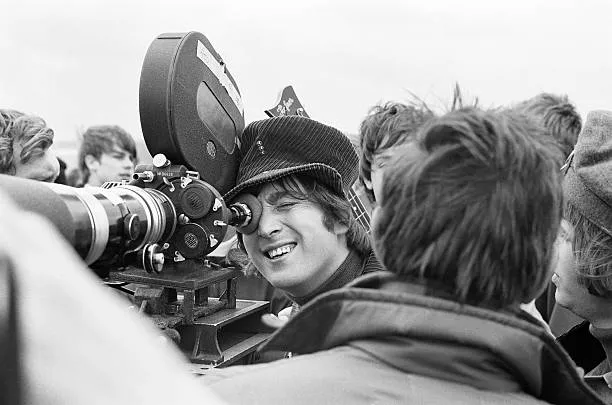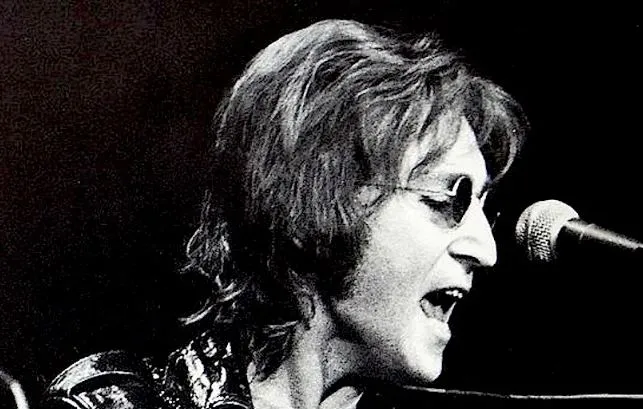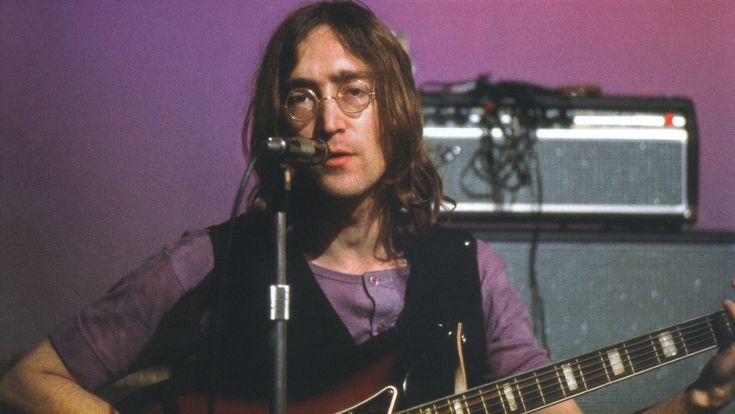On September 11, 1971, television audiences were treated to a rare and candid glimpse into the mind of one of the most enigmatic figures in music history: John Lennon. Appearing on "The Dick Cavett Show," Lennon engaged in a wide-ranging conversation that touched upon topics ranging from his upbringing and musical influences to his activism and personal beliefs. This iconic interview remains a cultural milestone, offering insights into Lennon's psyche and leaving an indelible mark on popular culture.
(Watch the video below)
At the time of the interview, John Lennon was in the midst of a period of profound personal and artistic transformation. Having recently embarked on a solo career following the breakup of The Beatles, Lennon was exploring new musical avenues and grappling with his identity as an individual artist. His appearance on "The Dick Cavett Show" provided him with a platform to reflect on his past accomplishments and articulate his vision for the future.
One of the most memorable moments of the interview came when Lennon discussed his experiences growing up in Liverpool and the impact of his childhood on his music. He spoke candidly about the hardships he faced, including the loss of his mother at a young age and his strained relationship with his father. These formative experiences, Lennon explained, fueled his creativity and shaped his worldview, informing the introspective and often melancholic tone of his songwriting.
Lennon's appearance on "The Dick Cavett Show" also provided him with an opportunity to address his newfound role as a solo artist and public figure. He discussed the challenges of stepping out of the shadow of The Beatles and establishing himself as a credible musician in his own right. Despite the immense pressure and scrutiny he faced, Lennon remained resolute in his commitment to authenticity, vowing to continue pushing the boundaries of his artistry and pursuing his creative instincts.
In addition to his musical endeavors, Lennon used his platform on "The Dick Cavett Show" to advocate for causes that were dear to his heart. He spoke passionately about his opposition to the Vietnam War and his commitment to promoting peace and social justice. Lennon's activism, which had become increasingly prominent in the years following The Beatles' breakup, cemented his status as a countercultural icon and earned him both admiration and controversy.
Throughout the interview, Lennon exhibited a rare combination of wit, intelligence, and vulnerability that endeared him to audiences around the world. He displayed a keen sense of self-awareness, acknowledging his flaws and insecurities while also exuding a sense of confidence and charisma. Lennon's willingness to confront difficult topics and engage in meaningful dialogue set him apart from his contemporaries and solidified his reputation as a cultural trailblazer.
Moreover, Lennon's appearance on "The Dick Cavett Show" underscored the power of television as a medium for shaping public discourse and fostering social change. At a time of political upheaval and cultural ferment, Lennon used his platform to challenge conventional wisdom and inspire viewers to question the status quo. His candidness and authenticity resonated with audiences, sparking conversations and sparking a renewed sense of activism and engagement.
In hindsight, Lennon's appearance on "The Dick Cavett Show" serves as a poignant reminder of his enduring legacy as an artist, activist, and humanitarian. His words and music continue to inspire millions of people around the world, transcending boundaries of time and space. As we reflect on Lennon's life and legacy, we are reminded of the power of art to provoke thought, evoke emotion, and effect change. His appearance on "The Dick Cavett Show" stands as a testament to his enduring influence and the timeless relevance of his message.



